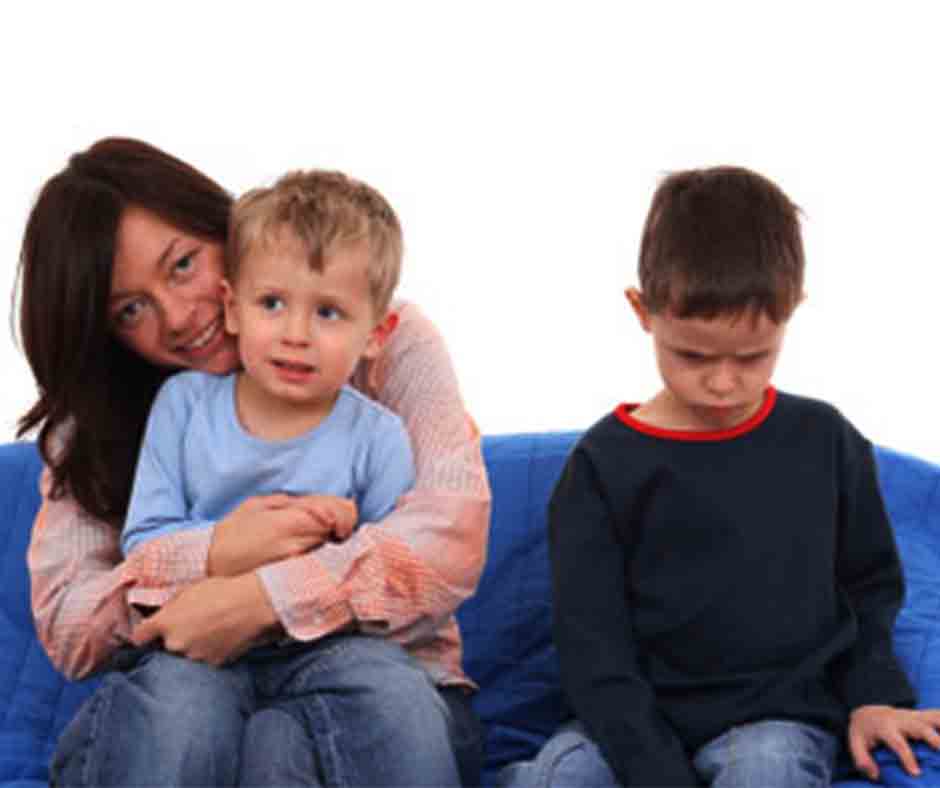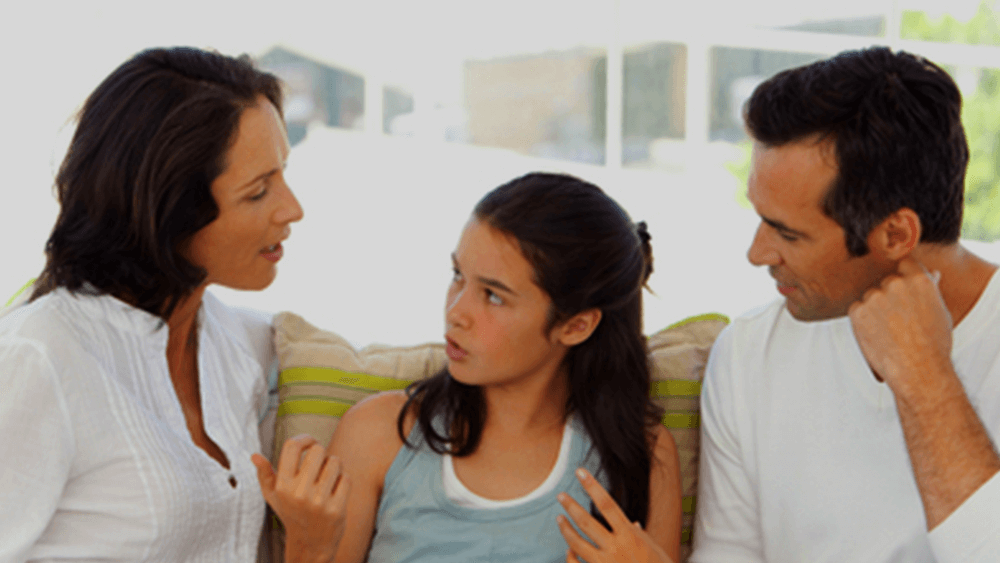Negative comparisons – How do they impact your children

Does your child take any comparison in the right spirit?
Can negative comparisons kill a child’s self-esteem?
Can we parent our children without any negative comparisons?
Read on to find answers to these questions and more.
There is a very natural inclination in human beings which has helped in the most profound development in civilizations, yet in parenting the same thing has been a cause of a lot of destructions, low self-esteem, and complexes.
Curious about what I am talking about?
I am talking about an innate quality of humans, the tendency to compare.
A human being looked at a bird flying, got inspired and invented the airplane. This inspiration was born out of comparison. He compared his ability to the bird’s ability. After comparison, he wished to have the birds ability. He decided to invent the machine through which he too can fly.
We saw a fish swimming and invented a ship and a submarine.
We saw an eagle able to spot its prey from the height of a few kilometers, compared its ability with our ability, found ourselves lacking and decided to invent eyes in the sky. We invented the satellites.
We, as humans, tend we watch and compare.
In the process of comparison, we realize how much we can develop and which are the areas in where we can develop. Through comparison human beings get inspiration. When we know how to compare positively, it can be the greatest force in our life. Unfortunately, when we use any comparison to pull someone down, we can be successful in bringing down someone’s self-esteem.
Most of us have a natural tendency to compare. Comparing our kids to other kids, ourselves to our peers and friends, and so on. Comparison is a tool, you can use it to go up or to fall down.
The comparison is not bad, but unfortunately, the tone we use to compare our kids to others, can more than often create a complex in kids.
Let’s take two classic examples of how we compare our child with others –
- If there is a child with beautifully combed hair, a mother will tell her daughter, “Look at that child, how well she keeps her hair, can’t you do that much”. This is a classic example of comparison but pulling the child down.
- You might look at a neatly maintained cupboard and point out, ” Look how well the books are kept in this cupboard and your cupboard is such a mess. Can’t you keep your cupboard clean?” In this case, as well, you are comparing the child and pulling him down.
Getting inspired by looking at others is a great thing, but the comparison that demeans is dangerous. It harms the self-esteem of kids. Social comparison of children can really kill their self-esteem.
What is the result?
- Some kids will withdraw and become recluses.
- Some kids never agree to their mistakes and are always on the defensive.
- Some kids rebel and behave anti-social.
- Some kids become violent and are always wanting to prove a point.
- Some become super angry and cannot take any difference of opinion.
Your intention as parents may be to get your child to do better at school, in sports or in other things. Compare properly and positively. Pulling someone down using comparison is terrible.
Negative comparisons based on behavior, looks, color or communication can bring the self-esteem of the child down.
The way we compare kids is largely negative and builds a complex in kids.
So what is the solution?
Positive reinforcements and having role models for your kids are two worthy options. Do not compare your kids with their peers or even siblings in a demeaning way. That is unfair and hurtful.
Comparing is a natural human instinct, but what goes wrong is the tone we use. When the intention is to prove that the child is not good enough, that is where we go wrong completely.
When you compare, the tone and method should be such that, you want to uplift the child. Appreciation and motivation can be the greatest uplifting force.
Any comparison in itself is not bad. If the outcome of any comparison is upliftment and motivation, it is the best thing. But if the outcome is demotivation and bringing someone down, then that is abuse. To avoid creating a complex in your child, avoid the negative connotations in comparison. To fill your child with self-esteem, bring in comparison with a positive tinge of motivation and appreciation.
Now you know negative comparisons can shape complex in kids, now that you are equipped to avoid them, be your child’s uplifting force.
Learn through our blogs or access the complete WOW Parenting course on your phone.




